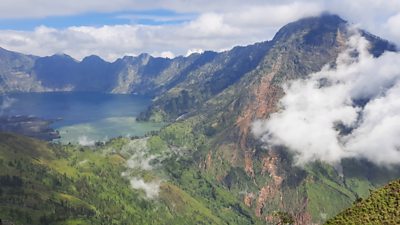Downloads
Research evaluation briefing
Publication date: August 2022
Author: Rosiana Eko, ����ý Media Action Indonesia
Indonesia is the world’s third-largest greenhouse gas producer with 60-85% of its emissions stemming from forest destruction and degradation. It has pledged to reduce greenhouse gas emissions by 29% on its own, and 41% with international support by 2030.
But Indonesia’s success in reaching this target depends in part on large-scale public engagement in green growth issues and effective governance of its forests and natural resources.
The emerging evidence base on media and climate adaptation and mitigation indicates that media can engage people at scale on climate issues that affect them, motivate them to take individual or collective action and give voice to individuals across society, enabling them to express their views and hold decision-makers to account.
Kembali Ke Hutan (Return to the Forest)
Our project began in 2019, producing engaging digital and TV programming that focused on strengthening governance and sustainable green growth. We engaged with young Indonesians on traditional and social media about the sustainable development choices their country faces, helping them make informed choices on environmental issues, and creating accessible spaces for trusted and informed discussion.
Our impact evaluation
This impact evaluation study employed a mixed-methods approach, drawing on six different sources of data including a representative survey of people aged 16 to 55 years old, living in the three main Indonesian islands – Java, Sumatra and Kalimantan, in addition to interviews with climate and forestry experts.
Increasing awareness, discussion and action
Research findings showed that the drama, discussion programme and social media content increased awareness of the impacts of climate change and deforestation and prompted people to adopt more sustainable lifestyles – taking new small actions, such as managing household waste, or participating in environmental groups. People exposed to this content also discussed these issues more than those who had not watched the content. Before exposure to this this media content, people did not relate to these issues, and discussion around them was low.
Usually talk shows have heavy and boring conversation, but this discussion programme is entertaining."
24.5 million people (17% of the adult population) viewed the programme output (TV drama #CeritaKita, discussion programme Ngobrolin #CeritaKita and social media content on AksiKita Indonesia).
People said they found the content informative, entertaining and most importantly relatable to their everyday lives. It engaged audiences by showing how they could take solutions in a way that resonated with their lives, and they could see would be useful and sustainable.
People were taking action
People exposed to our programming were more likely to take individual action and participate in environmental activities. 65% of people named actions they had taken as a result of viewing project content.
Whenever my mother tells me to buy a motorcycle, I tell her that I don’t want to buy it as it is going to add more pollution in our atmosphere."
Looking forward
This evaluation provides evidence that the Kembali ke Hutan (Return to the forest) multi-media project can engage young Indonesians in topics that they previously were not interested in by breaking down the issues of deforestation in climate change into tangible topics they can relate to.
By connecting with young people, the media content has been able to increase their knowledge, motivate them to be involved and encourage them to take simple actions. Although the programmes have driven more discussion in these issues, there is still scope to increase participation in these issues, stimulate discussion and increase people’s risk perception that these issues need to be taken seriously.
Full details on this study briefing can be found in the document above and you can learn more about our work on resilience and climate around the world here.
Kembali Ke Hutan (KKH) project is funded by the Norwegian Development Cooperation Agency (NORAD).
Our research library
-
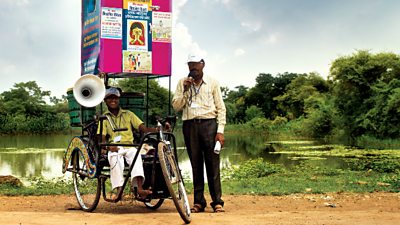
Long reads
Read our comprehensive research reports of the evidence behind our work. All of our publications are freely available to download. -
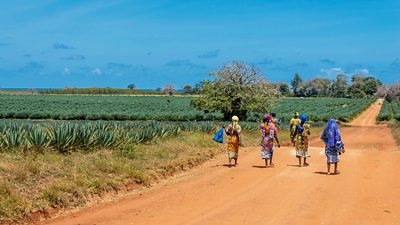
Short reads
At a glance, explore key findings and evidence behind our work. All of our publications are freely available to download. -
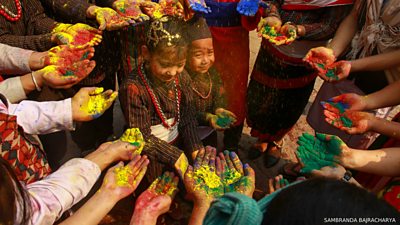
By country
Explore our findings and analysis country by country. All of our publications are freely available to download. -
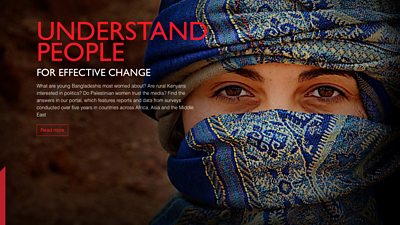 What are young Bangladeshi's most worried about? Are rural Kenyans interested in politics? Do Palestinian women trust the media? Find the answers in our data portal (last updated 2020).
What are young Bangladeshi's most worried about? Are rural Kenyans interested in politics? Do Palestinian women trust the media? Find the answers in our data portal (last updated 2020).
